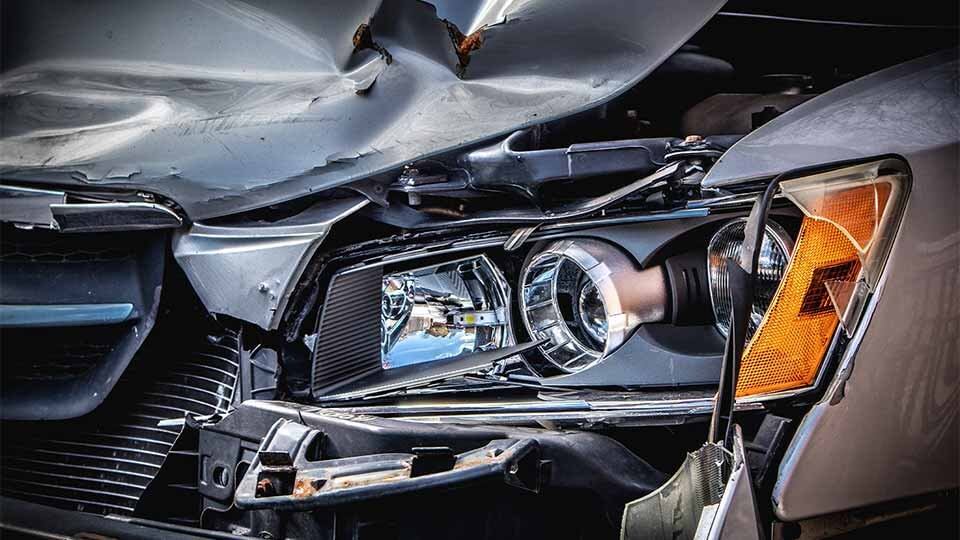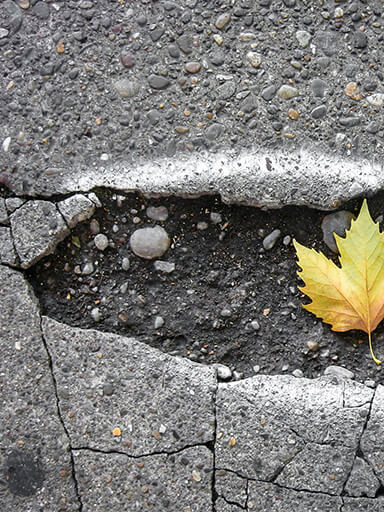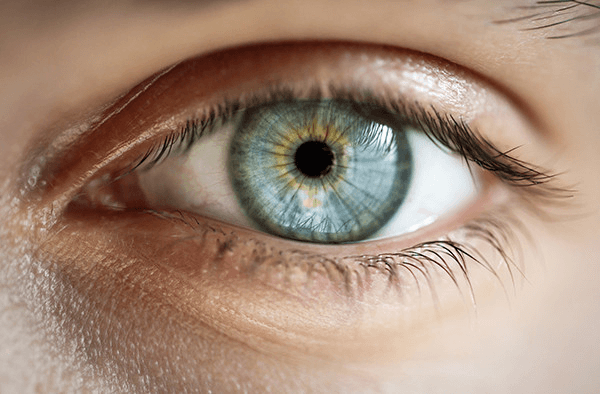How can I make an Eye Injury Compensation Claim ?
When it comes to eye injuries, understanding the compensation you may be entitled to can be a complex process. Whether it’s a workplace accident, a car crash, or a medical negligence case, the impact on your vision and overall quality of life can be profound. That’s why it’s crucial to have a comprehensive guide that breaks down the compensation options available to you. In this guide, we will explore the various factors that determine the compensation for eye injuries, including medical expenses, lost wages, pain and suffering, and long-term care.
We will also delve into the legal aspects of making a claim, highlighting the importance of working with an experienced Solicitor who specializes in personal injury cases. By the end of this guide, you will have a clear understanding of the compensation you may be entitled to and the necessary steps to take in order to secure it. So, let’s dive in and navigate the intricate world of eye injury compensation together.
Common Causes of Eye Injuries
Eye injuries can occur in a variety of situations, some of which are more common than others. One of the leading causes of eye injuries is workplace accidents. Industries such as construction, manufacturing, and healthcare pose a higher risk due to the nature of the work involved. Objects flying into the eye, chemical exposures, and repetitive strain injuries are just a few examples of workplace hazards that can lead to eye injuries.
Outside of the workplace, car accidents are another common cause of eye injuries. The force of impact, shattered glass, and airbag deployment can all contribute to eye injuries during a collision. Additionally, sports-related injuries, particularly in contact sports or those involving projectiles, can result in eye trauma.
Types of Eye Injuries and Their Impact on Vision
Eye injuries can vary in severity and can affect different parts of the eye, leading to various visual impairments. Some common types of eye injuries include corneal abrasions, foreign body injuries, chemical burns, blunt trauma, and retinal detachments.
Corneal abrasions occur when the surface of the cornea, the clear front part of the eye, is scratched. This can cause pain, redness, and sensitivity to light. Foreign body injuries refer to when an object, such as dust, metal, or glass, enters the eye and causes damage. Chemical burns can occur when harmful substances come into contact with the eye, leading to severe pain, redness, and potential vision loss. Blunt trauma, such as a direct blow to the eye, can result in a range of injuries, including fractures, bleeding, and damage to the internal structures of the eye. Retinal detachments, although less common, can occur when the retina, the light-sensitive tissue at the back of the eye, becomes separated from its underlying supportive layers. This can lead to permanent vision loss if not treated promptly.
The impact of these injuries on vision can vary. Some individuals may experience temporary vision disturbances, while others may suffer from partial or complete vision loss. The severity of the injury, promptness of medical intervention, and effectiveness of treatment all play a role in determining the long-term impact on vision.
The Importance of Seeking Medical Attention
In the event of an eye injury, seeking immediate medical attention is crucial. Even seemingly minor injuries can have serious implications if left untreated. Prompt medical intervention can help prevent further damage, minimize complications, and improve the chances of a successful recovery.
When seeking medical attention for an eye injury, it is important to consult with an eye care professional, such as an ophthalmologist or optometrist. They have the expertise to properly assess the injury, provide appropriate treatment, and monitor your progress. They may perform a comprehensive eye examination, conduct specialized tests, and recommend any necessary interventions, such as medications, surgeries, or vision rehabilitation.
Remember, delaying or avoiding medical care can not only jeopardize your vision but also impact your eligibility for compensation. Insurance companies and legal entities may question the seriousness of your injury if you fail to seek timely medical attention. So, don’t take any chances and prioritize your eye health by seeking immediate medical care.
How to Document and Report an Eye Injury
When it comes to making a compensation claim for an eye injury, proper documentation and reporting are essential. This helps establish a clear record of the injury, its cause, and the resulting impact on your vision and quality of life. Here are some steps to follow when documenting and reporting an eye injury:
- Seek medical attention: As mentioned earlier, seek immediate medical attention for your eye injury. This not only ensures your well-being but also provides crucial documentation of the injury.
- Keep records of medical visits: Make sure to keep a record of all medical visits, including dates, names of healthcare professionals, and details of treatments received. This will serve as evidence of your injury and the steps taken to address it.
- Collect witness statements: If your eye injury occurred in a public setting or at work, gather statements from any witnesses who saw the incident. Their testimony can strengthen your claim and provide additional support for your case.
- Take photographs: If possible, take photographs of the scene where the injury occurred, any objects involved, and the visible effects of the injury on your eye. These visual records can provide valuable evidence.
- Report the injury: Depending on the circumstances, report the injury to the appropriate authorities. This may include your employer, if it happened at work, or the police, if it resulted from a car accident or criminal activity. Reporting the injury creates an official record and can help establish liability.
- Keep a diary: Maintain a diary where you can record the daily impact of your eye injury on your life. Document any pain, discomfort, limitations, or emotional distress you experience. This will help demonstrate the long-term effects of the injury when seeking compensation.
By diligently documenting and reporting your eye injury, you create a solid foundation for your compensation claim. These records will provide valuable evidence to support your case and ensure that you receive the compensation you deserve.
Understanding Workers’ Compensation
If you sustain an eye injury while on the job, you may be eligible for compensation if you can prove that someone or something negligently caused your injury you may be entitled to compensation.
However, there are instances where your claim may be disputed or denied and if you encounter any challenges or face a denied claim, it is advisable to seek legal representation from a Solicitor experienced in accident at work claims.. They can help navigate the complex legal process, gather supporting evidence, and advocate for your rights to ensure you receive the compensation you deserve.
Making a Personal Injury Claim for Eye Injuries
In other cases where your eye injury occurred outside of the workplace, such as in a car accident or due to medical negligence, you may be able to make a personal injury claim. A personal injury claim seeks compensation from the party or parties responsible for your injury, whether it’s an individual, a company, or an institution.
To file a successful personal injury claim, you generally need to establish the following elements:
- Duty of care: You must prove that the party you are holding responsible owed you a duty of care. For example, drivers have a duty to operate their vehicles safely, and healthcare professionals have a duty to provide competent medical care.
- Breach of duty: You need to demonstrate that the responsible party breached their duty of care through negligent or intentional actions.
- Causation: You must establish a direct link between the breach of duty and your eye injury. This means showing that the party’s actions or negligence directly caused your injury.
- Damages: You need to provide evidence of the damages you suffered as a result of your eye injury. This can include medical expenses, lost wages, pain and suffering, and any long-term care required.
Filing a personal injury claim can be a complex and time-consuming process. It often involves collecting evidence, negotiating with insurance companies, and potentially going to trial. That’s why it’s crucial to work with an experienced personal injury solicitor who can guide you through the legal process, protect your rights, and help maximize your compensation.
Factors That Affect Compensation for Eye Injuries
The amount of compensation you may be entitled to for an eye injury depends on various factors. These factors are taken into consideration by insurance companies, legal entities, and courts when determining the value of your claim. Some of the key factors that can affect compensation for eye injuries include:
- Severity of the injury: The extent of your eye injury, the impact on your vision, and the resulting impairment can significantly influence the compensation amount. Generally, the more severe the injury and the greater the impact on your life, the higher the potential compensation.
- Medical expenses: The cost of medical treatment, including surgeries, medications, vision aids, and rehabilitation services, is an important factor in determining compensation. Keep a record of all medical expenses related to your eye injury, as these will be considered when calculating your claim.
- Lost wages: If your eye injury has caused you to miss work or has affected your ability to earn an income, you may be entitled to compensation for lost wages. This can include both past and future lost earnings.
- Pain and suffering: Eye injuries can cause physical pain, emotional distress, and a loss of enjoyment in life. Compensation for pain and suffering is often subjective and takes into account the long-term impact on your quality of life.
- Long-term care needs: Some eye injuries may require ongoing medical care, rehabilitation, or assistive devices. The anticipated costs of long-term care and support services can be factored into your compensation.
It is important to note that each case is unique, and compensation amounts can vary widely. The specific circumstances of your eye injury, the jurisdiction in which your claim is filed, and the expertise of your legal representation can all influence the final compensation figure.
Working with a Solicitor for Eye Injury Compensation
Navigating the complex world of eye injury compensation can be challenging, especially when dealing with insurance companies, legal processes, and potential disputes. That’s why it is crucial to work with an experienced attorney who specializes in personal injury cases and has a deep understanding of eye injuries and their impact.
A personal injury Solicitor can provide valuable guidance, support, and advocacy throughout the entire compensation process. They can assess the strength of your claim, gather evidence, negotiate with insurance companies, and represent you in court if necessary. By working with an attorney, you increase your chances of receiving fair and just compensation for your eye injury.
When choosing a Solicitor, look for someone with a track record of success in handling personal injury cases, particularly those involving eye injuries. Consider their expertise, reputation, and client testimonials. A compassionate attorney who prioritizes your well-being and understands the unique challenges of eye injuries can make a significant difference in the outcome of your case.
Resources and Support for Individuals with Eye Injuries
Dealing with an eye injury can be overwhelming, both physically and emotionally. Fortunately, there are resources and support available to help individuals navigate their recovery and seek compensation.
Support groups: Joining a support group for individuals with eye injuries can provide a sense of community, shared experiences, and emotional support. These groups can also offer practical advice on coping with vision loss, accessing resources, and navigating the legal process.
Vision rehabilitation services: Vision rehabilitation professionals, such as low vision specialists, occupational therapists, and orientation and mobility specialists, can help individuals with eye injuries regain independence and adapt to their visual impairments. These services often include training in assistive technologies, adaptive techniques, and daily living skills.
Non-profit organizations: Many non-profit organizations specialize in supporting individuals with visual impairments. They offer resources, advocacy, and financial assistance programs that can help individuals with eye injuries access necessary services and support.
Government agencies: Local and national government agencies, such as Social Security, who provide various benefits and programs for individuals with eye injuries. These benefits may include disability compensation, vocational rehabilitation, and assistive technology grants.
Conclusion
Navigating the world of eye injury compensation can be complex, but with the right information and support, you can secure the compensation you deserve. By understanding the common causes of eye injuries, the types of injuries that can occur, and the importance of seeking medical attention, you can lay the groundwork for a successful claim. Whether you’re dealing with workers’ compensation or making a personal injury claim, working with an experienced Solicitor is crucial to ensure your rights are protected and you receive fair compensation. Remember, you don’t have to face the challenges of an eye injury alone. There are resources and support available to help you.
If you need help from experienced personal injury solicitors, don’t hesitate to contact us FREE on FREEPHONE 0800 0747 644





